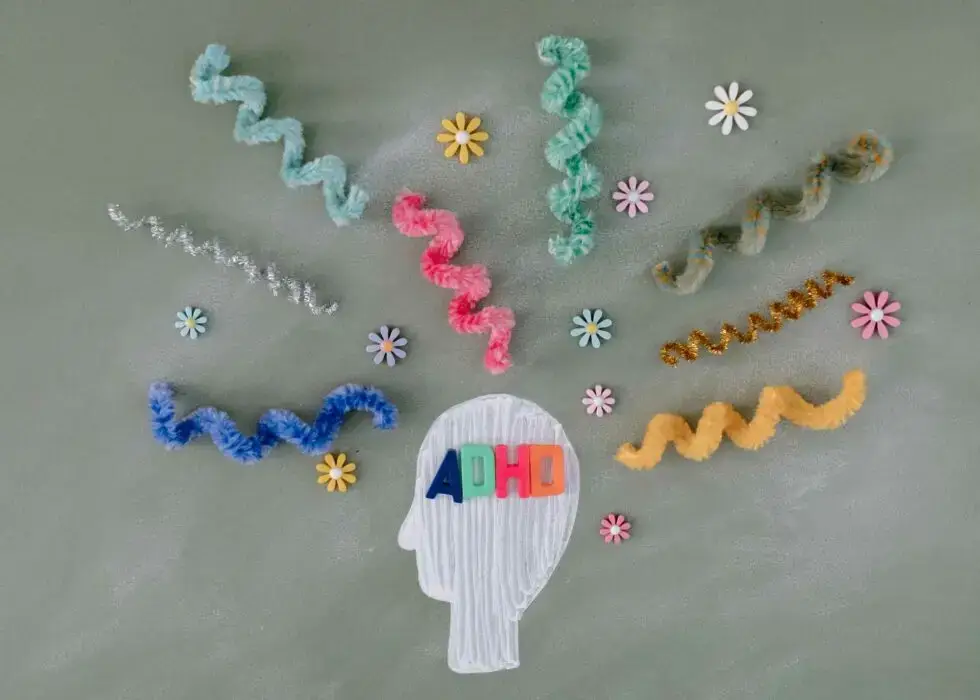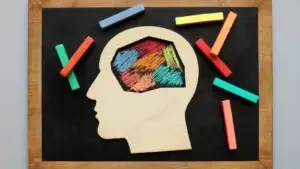Does your mind race from one thing to the next? Do you always have a hard time focusing on a single task? These are just some of the signs that you may have Attention Deficit Hyperactivity Disorder (ADHD), a neuro-cognitive condition that affects an estimated 3%-5% of adults.
The Impact of ADHD: Childhood and Beyond
ADHD can affect behavior and cause problems with concentration, memory, and impulse control. ADHD is a lifelong condition that starts even before a child goes to school. Children who have ADHD may be hyperactive and impulsive, or they may show signs of inattentiveness and distractibility. Adults who have ADHD may have trouble with organization, time management, being detail-oriented and paying attention.
Most People Do Not “Outgrow” ADHD
If you have ADHD, you probably know that it does not disappear after childhood. While everyone experiences the disorder a little differently, adults with ADHD experience most of the same symptoms as children but they can present differently. “Children with ADHD tend to act out,” says Cynthia Adler, Ph.D., director of the Women’s Mood Disorders Center at Emory Healthcare in Atlanta and an expert on adult ADHD. “But when adults with this condition are successful, they are often very good at keeping things inside.”
In this informative blog by Marcy Arnold of Renewed Wellness Counseling, we will explore the symptoms of ADHD and some coping tips to help manage symptoms. Learning to manage the symptoms of ADHD can make all the difference in the world.
Symptoms of ADHD
Diagnosis of attention deficit disorder (ADD) and attention deficit hyperactive disorder (ADHD) in adults can be difficult due to symptoms overlapping that of other disorders.
ADHD symptoms include 3 subgroups:
- Hyperactivity / Impulsivity
- Inattention
- Combined
According to the ADD and ADHD Foundation, Adult ADHD is diagnosed when a person displays at least six of the following characteristics in childhood or adolescence, and persists into adulthood:
1. Has difficulty paying close attention to details
2. Has difficulty remembering things
3. Always seems to be in a hurry
4. Lacks self-discipline
5. Has trouble focusing on tasks or activities
6. Often interrupts others
7. Acts without thinking about the consequences of their actions
8. Is reckless or takes unnecessary risks
9. Cannot seem to finish what they start, even if it’s something that they really want to do
10. Does not make decisions well
The symptoms of adult ADHD can vary among people. Some common indicators in addition to the diagnostic criteria above include:
- fidgeting or squirming during rest periods
- inability to remain seated when expected by others
- talking excessively
- interrupting others while they speak
- trouble staying focused on one subject or task
- an excessive number of impulsive actions
- high stress
- relationship issues
- disorganization
Adults with ADHD may also experience depression, anxiety and substance abuse.
ADHD affects men and women equally, but it can present differently depending on the person’s role. For instance, symptoms of forgetfulness, chronic lateness, and disorganization may be more prevalent in a person who is responsible for managing tasks for themselves and others, such as a parent.
While medication used to treat ADHD in children is often effective on adults with the disorder, many adults will also consider alternative treatments such as meditation and exercise.
Management Tools
Good management involves more than just taking medication. Learning to manage the symptoms of ADHD can make all the difference in the world. Here are some tips for managing adult ADHD symptoms.
Sleep
Establishing a good nighttime routine is essential for reducing stress and hyperactivity. It’s important to reduce screen time at night to help the brain prepare for sleep. Incorporating a mindfulness-based activity such as journaling, guided meditations, sound machines, and deep breathing can help to de-stress, slow down the body, and prepare for sleep.
Nutrition
Although poor diet alone does not cause ADHD, some people have noticed that certain foods can trigger ADHD symptoms such as impulsivity, hyperactivity, and agitation. Additionally, it is helpful to eat small meals throughout the day and reduce sugary snacks to maintain balanced blood sugar levels to help with focus and energy.
Exercise
Engaging in a routine exercise plan can provide a physical outlet for pent up restlessness and can decrease hyperactivity. It can also be helpful to do a slower, low impact exercise like yoga, pilates, or tai chi. These exercises help decrease tension, balance the body, and can help with gaining impulse control and focus abilities.
Behavioral Strategies
ADHD can make you feel out of control or scatterbrained and uncomfortable in your own environment. Behavioral strategies help you regain a sense of control in various aspects of your life, thereby reducing stress. Examples of behavioral strategies include trying not to multi-task, staying organized, planning, saving up reminders to complete certain tasks throughout the day, and making lists that help organize daily or weekly tasks for work or personal life.
Therapy for Adult ADHD
Counseling is a safe, supportive space where you can talk about the challenging impacts ADHD has on your life (relationships, career, hobbies). Your therapist will help you process these emotions while also using treatment modalities such as Cognitive Behavioral Therapy or Solution Focused Therapy to help develop tools to manage impulsivity, organization, planning, and focus. Your therapist will work with you on developing a personalized plan to reduce these symptoms in your daily life.
Start Therapy for Adult ADHD in New Bern, NC
Remember ADHD is very real and very treatable. Furthermore, that relentlessness, irritability, and sense of dread you feel can be eased and you can learn to overcome those feelings. Our therapists can teach you how to not give power to those unhelpful negative thoughts so you can take control of your ADHD and start enjoying life again. We believe that you deserve it. Get started with therapy at our online counseling practice in New Bern, NC with these steps:
- Fill out this consult form.
- Read about our skilled therapists.
- Begin living a life with less anxiety and more joy!
Other Services at Renewed Wellness
At our New Bern, NC-based therapy practice, we offer more than just therapy for adult ADHD. Our therapists specialize specifically in therapy for military families, therapy for anxiety and stress, chronic illness counseling, and addiction counseling. For those going through a life change, we also offer life transition counseling. In fact, we can help you wherever you are in the state with online therapy in North Carolina and South Carolina. Let’s work together to get you to a good place!








